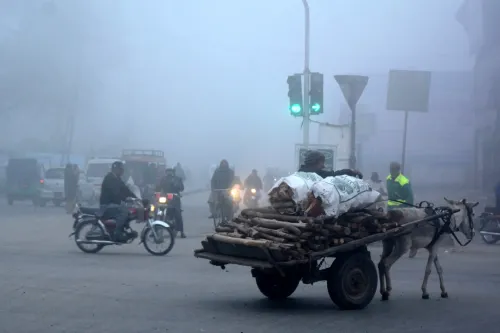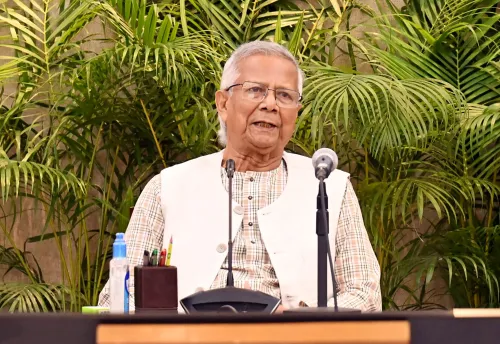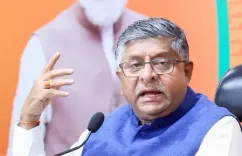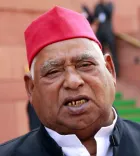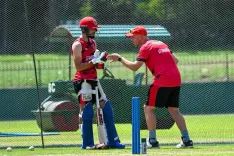How is South Korea Aiming to Maximize 'Practical Interests' in Trade Talks with the US?
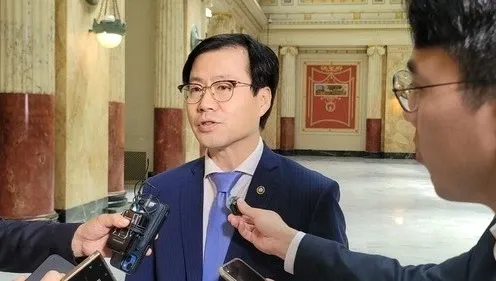
Synopsis
Key Takeaways
- South Korea's Trade Minister emphasizes maximizing practical interests in trade talks.
- Negotiations are ongoing as the deadline for tariff suspension approaches.
- Focus on areas for bilateral cooperation such as AI and automotive sectors.
- Challenges remain regarding sector-specific tariffs on various industries.
Washington, July 6 (NationPress) South Korea's Trade Minister Yeo Han-koo emphasized Seoul's objective of maximizing practical interests during the ongoing trade negotiations with the United States. His arrival in Washington comes as the deadline approaches for US President Donald Trump's suspension of significant tariffs.
In a press conference, Yeo remarked that "all possibilities" remain on the table, hinting at the potential extension of the suspension on "reciprocal" tariffs, which could lead to a broad agreement rather than a comprehensive trade deal.
This visit follows closely after Yeo's previous trip to the US capital, highlighting the commitment of the new South Korean administration to finalize a trade agreement with the Trump administration. He was scheduled to continue discussions with US Trade Representative Jamieson Greer on the same day.
Yeo indicated that despite the potential introduction of new reciprocal tariff rates for South Korea post the July 8 deadline, there might be a short extension of the pause. "All possibilities remain open," he stated, acknowledging the difficulty of finalizing every detail in the upcoming three days.
"We assess that the current situation is urgent ... Many factors remain uncertain and fluid at this stage," Yeo expressed. "Through today's discussions, we aim to clarify the US's plans and negotiate strategies to maximize our practical interests."
On April 2, Trump revealed reciprocal tariffs, including a 25% duty on South Korea, aimed at matching tariffs imposed by other countries on American goods. These tariffs commenced on April 9 but were suspended for 90 days to allow for negotiations, according to Yonhap news agency.
Beyond reciprocal tariffs, South Korea is also striving to lessen the effects of sector-specific tariffs on automobiles, steel, and aluminium.
"We believe that the sectoral tariff issue is particularly challenging since the US considers it vital for its industrial protection," he added. "However, we have consistently emphasized the importance of obtaining exceptions or significantly lowering the rates, which we plan to reiterate today."
Despite the uncertainties surrounding the trade talks, Yeo was optimistic about the prospects for bilateral industrial cooperation.
"Areas with high potential for mutual cooperation include artificial intelligence, automobiles, batteries, energy, and the bio sector. The US requires significant collaboration in these areas to revitalize its manufacturing, and South Korea holds unique value there," he noted.
"We aim for 'positive-sum' negotiations that combine issues of industrial and technological cooperation between South Korea and the US for the mid- to long-term, spanning four to five years, alongside tariff discussions."
Yeo's visit coincides with South Korea's National Security Adviser Wi Sung-lac's arrival in Washington for a three-day mission, indicating President Lee Jae Myung's administration's commitment to fostering cooperation between the two allies.
On Friday, Trump announced he would be sending letters to 12 countries detailing their tariff rates on Monday. When asked if South Korea was among those countries, Yeo replied, "(I) don't know."

